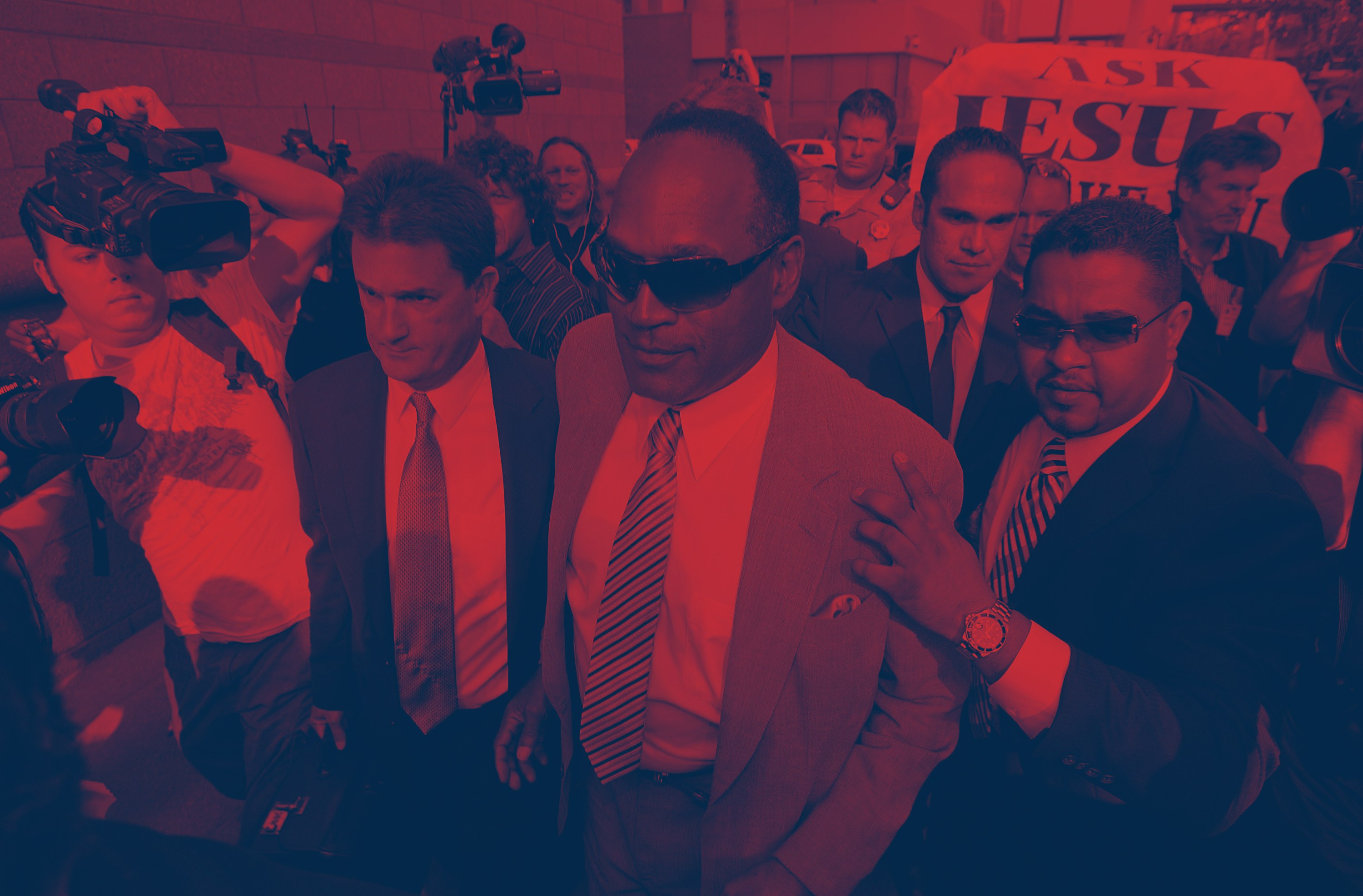In the Season 9 premiere of the ABC show Shark Tank this week, Mark Cuban, a “shark,” or judge, on the entrepreneur competition show went off on a contestant he believed was not pitching a product in good faith.
“She’s a golddigger,” Cuban, who made his millions in broadcasting, said of Yunha Kim, who was pitching the sharks a meditation-app company that had already seen considerable success. In the shark world, a “golddigger” is someone who comes on the show not to make a deal, but for the valuable exposure (the show averages about six million viewers). Daymond John, a fellow shark and the founder of FUBU, agreed with Cuban and scolded Kim. “Every time somebody steps on this carpet who has a couple million dollars in the bank, you take away the opportunity from someone who may have lost their home or sold their kids’ college fund and you take that opportunity away from them when you can go get money elsewhere,” he said.
It was the kind of dramatic moment that keeps viewers like me hooked on reality TV. But for anyone who might have been tuning into the show for the first time, it was a perfect introduction to Shark Tank’s underlying ethos: that the judges are there only to help the most deserving entrepreneurs, the everyday Americans for whom going on a reality TV show is the best chance of receiving high-profile funding for their businesses. Every so often the show gives us reminders that the sharks aren’t just looking to get rich. They already are. Instead, they’re practicing their own, very American form of trickle-down economics: using their prosperity to financially elevate others while making themselves wealthier in the process.
Here lies the very American double standard of Shark Tank: only certain people can succeed using the tactics that are so crucial to success.
Give or take, Shark Tank is a bright spot in a reality TV landscape, and from where most of America is sitting, it’s hard not enjoy the show. The sharks, who besides Cuban and John include educational technology millionaire Kevin O’Leary, informational technology entrepreneur Robert Herjavec, inventor and QVC personality Lori Greiner, and real estate titan Barbara Corcoran, are personable and extremely discerning in vetting entrepreneurs and negotiating deals. The unspoken secret of the show — and the element that keeps it entertainingly human — is that every shark has a soft spot a contestant can reach by appealing to their senses of nostalgia. They love being rich but, upon reflection, they love the journey that brought them there, too.
The benevolent rich-person narrative Shark Tank pushes is a nice one. But it can sometimes reveal just how mythical the meritocracy of the business world really is. The sharks are, after all, at the tops of their fields. They don’t have to take random pitches from nobodies across the country. They do because their past struggles have inspired them to “give back,” a narrative that usually plays out in being able to see a part of themselves in the entrepreneurs. In each they look for that special quality that propelled them to their much-deserved wealth.
Here lies the very American double standard of Shark Tank: only certain people can succeed using the tactics that are so crucial to success. The shark panel is always made up of at least three white men. On the same episode in which Kim was so harshly chided, Virgin billionaire Richard Branson, a “guest shark,” invested $65,000 in a company helmed by an 11-year-old that makes skateboards shaved down to fit in backpacks and school lockers. “To be honest, I see a young Richard Branson in you,” he told Carson Kropfl, the gap-toothed skateboard mastermind, who appeared on the show with his mother. That’s nice for Kropfl. But what about the contestants like Kim, who don’t remind the sharks of themselves? For her that meant having Cuban, a powerful businessperson, accuse her, a less powerful one, of shameless self-promotion while playing himself on a TV show.
That Shark Tank lets the economically powerful come off as benevolent capitalists isn’t so bad in itself until you look around the reality TV landscape and see how the rest of us appear: not so great. Shows that focus on the poor, like COPS, Live PD, and Intervention and daytime fare like Maury and Dr. Phil focus on the faults of the lower classes, and never show how generous that much larger segment of the population can be. In the reality TV landscape, non-millionaires are irresponsible, unambitious, violent spectacles. Generosity and selflessness are not on our radars; those are qualities reserved for the rich and powerful, to be doled out in limited amounts, and only if it is asked for in the right way.










